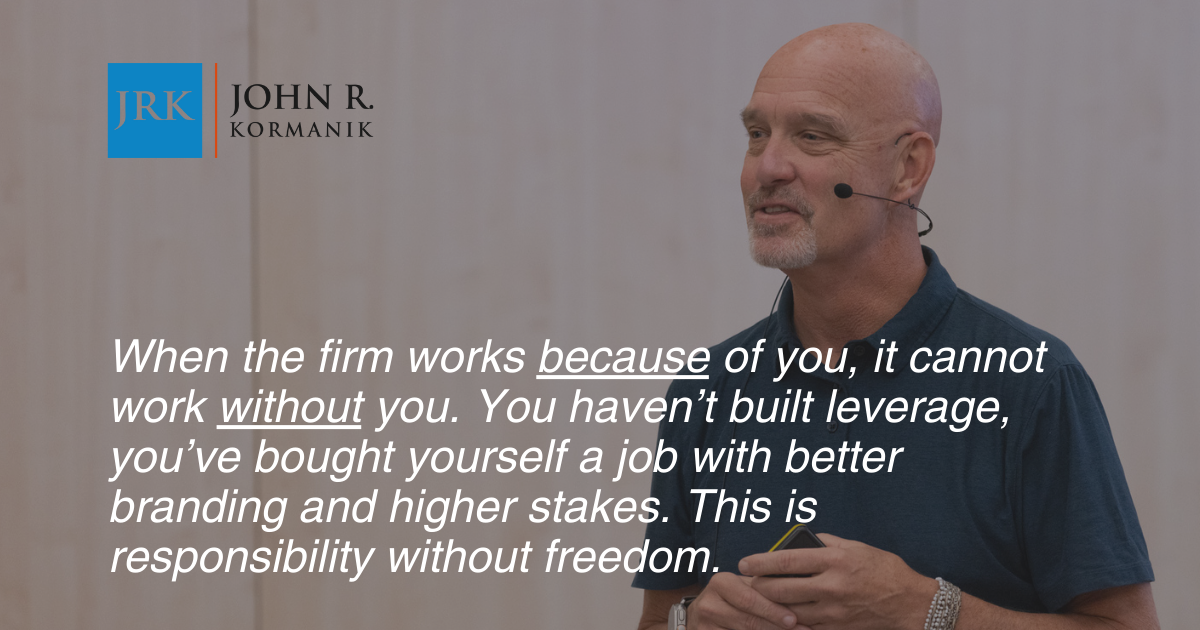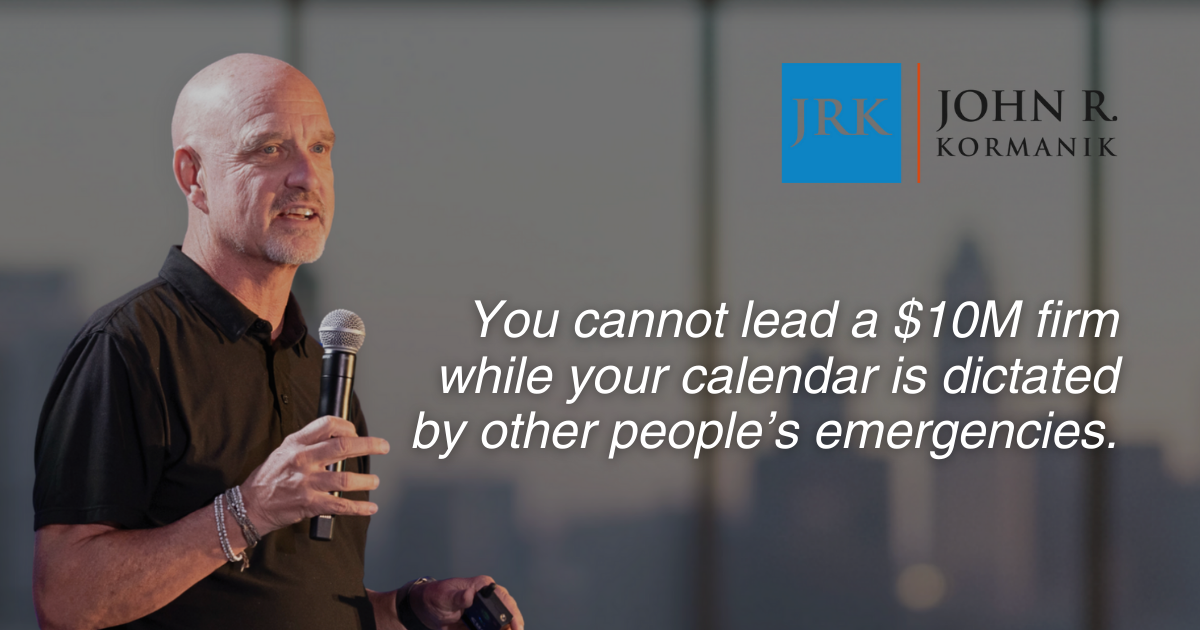Harnessing Chaos: Turning Discomfort Into a Catalyst for Growth
In leadership, few traits are more valuable than a growth mindset—the belief that skills, abilities, and even emotional resilience can be developed through effort and experience. But adopting this mindset is often easier in theory than in practice, especially when chaos hits.
In a recent 1:1 coaching session with a world-class law firm leader and founder, we explored how unexpected disruption can feel overwhelming—and how shifting both mindset and energy can turn those moments into springboards for growth.
The Growth Mindset Advantage: Turning Challenges Into Leadership Wins
Let’s be clear—running a law firm in 2025 isn’t just about being a good lawyer. That’s table stakes. It’s about being a leader, a strategist, and the kind of CEO your firm actually needs.
And here’s the kicker: none of that comes naturally. Leadership isn’t a gene you’re born with. It’s a skill you build. The secret sauce? A growth mindset.
Psychologist Carol Dweck put it simply: your qualities aren’t fixed. They can be developed with effort, smart strategies, and help from others. That’s true in life, but it’s especially true in law firm leadership.






